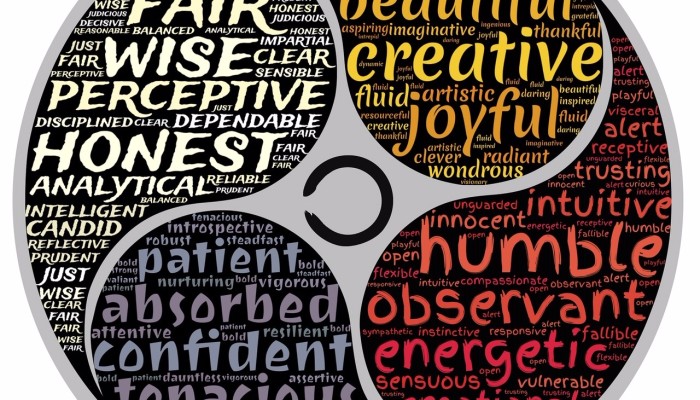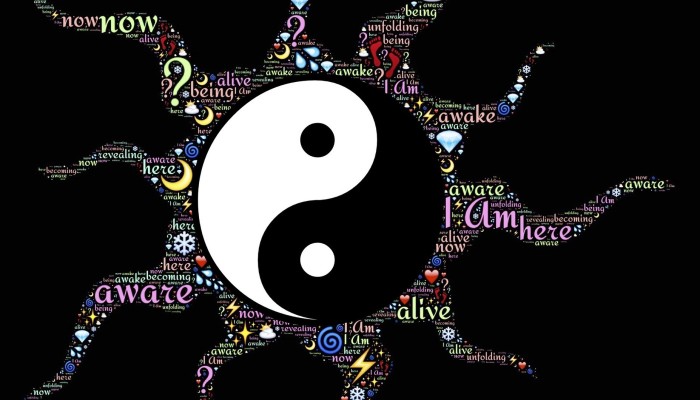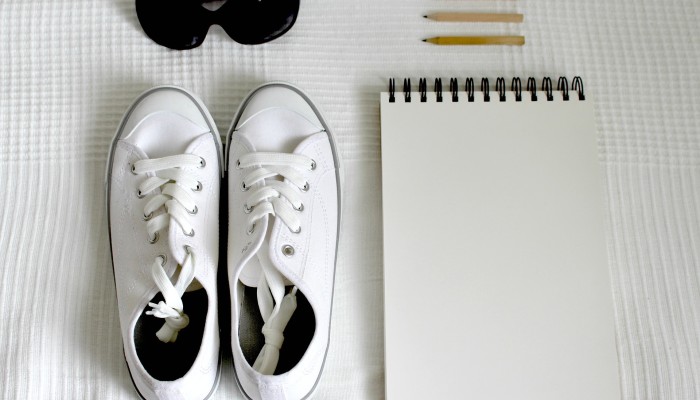Primal Tao is a daily quest for quality. QUALITY of experience. QUALITY of life. In practical terms it is paying attention to the quality of foods we consume and the reasons why we consume them. Primal Tao is also paying attention to the quality of our “inner life”. The quality of our thoughts and our reactions to what is happening around us, as well as the stability and quality of our inner peace ...[Read More]
Tao of the Four Empties – the Empty Mind
How many times do we hear the story of never-ending to-do-lists, things to take care of, projects to complete, deadlines to meet, unfinished errands, etc? How many times our head is overflowing with never-ending streams of thoughts, plans, worries – an incessant noise and activity. We can easily notice an interesting phenomenon nowadays – overstimulation of the mind and under-stimulati ...[Read More]
Qigong – Tai Chi – Yoga (and many other modalities) – why is it worth practicing?
When somebody asked me some twenty years ago: “What is Qigong or Tai Chi? – without any doubt, in just a few minutes I could precisely explain the goals and characteristics of these practices. Since I had “already” been a devoted practitioner for a couple of years, I was convinced that I knew everything there was to be known about the subject. A few years later I was asked the question agai ...[Read More]
Life as a continuous act of cultivation.
Every day I cultivate my life experience. I like to think of the word “cultivate” as “do”. What I do is what I develop and strengthen. How I live every day influences the way I will live in the future. How I live every day determines how I feel about the past. What I do every day but more importantly how I do it, is a choice easy to forget that I have. Am I kind or rude? Ta ...[Read More]
Minimalism – the incredible lightness of being.
The world around us, our schools, businesses, governments, parents, they all us teach us how we need to have more, achieve more, be more. Minimalism teaches us how to have enough. What is enough? It is a state of being when we feel contentment with what is, with what we have. In a way, it is not very different from the lofty ideas of enlightenment or happiness, ideas of being present and happy her ...[Read More]
Everyday cultivation of quality.
Every single day you wake up in some place, you wake up in some body, you wake up in some mind and you begin to tell yourself your own story from the beginning, again. You remember where you are. You remember who you are. You remember what you need to do. Remember. It is a nice word but do you realize that human memory is re-created over and over again every time we try to “remember” something?! W ...[Read More]
Vipassana – again… (memories from the past)
Vipassana – again… This time my destiny led me to the birthplace of Buddha – the town of Lumbini in Nepal. A small place visited by Buddhist pilgrims from all over the world ( there are estimated 350 million Buddhists worldwide ). A relatively small area became a construction grounds for Buddhist monasteries representing different branches of Buddhism. From Japan and China to Sr ...[Read More]
Eustress and Distress – Yin and Yang of health cultivation.
There are many different aspects of our health and well-being. Mental, physical, spiritual, emotional, social, environmental. Our cognitive and intellectual abilities. Our physical functionality. Our mental and emotional attitudes, patterns, habits, conditioning. Our social interactions and exchanges. Our environmental influences: the water we drink, the food we eat, the place we live in, the area ...[Read More]
A simple thing to remember.
How many times a day do we expect something from our children, spouse, family, friends, coworkers, bosses, or the world in general?! How many times we are deeply disappointed when our expectations are not fulfilled right away?! I want my partner to be like this. I want my children to behave like this. I want people to be like this. The question is: what do I give? What is My behavior? How can I ex ...[Read More]
Relativity of perception. Challenges and opportunities.
It is often difficult to call something “positive” or “negative”. What we call bad is frequently the result of misunderstanding and not following the natural order of things which results in what we generally refer to as ” negative” occurrences. For example: “bad weather”, rain, being tired, cold etc. Complaining about it is like complaining about the fact that we have to breathe. With ...[Read More]










